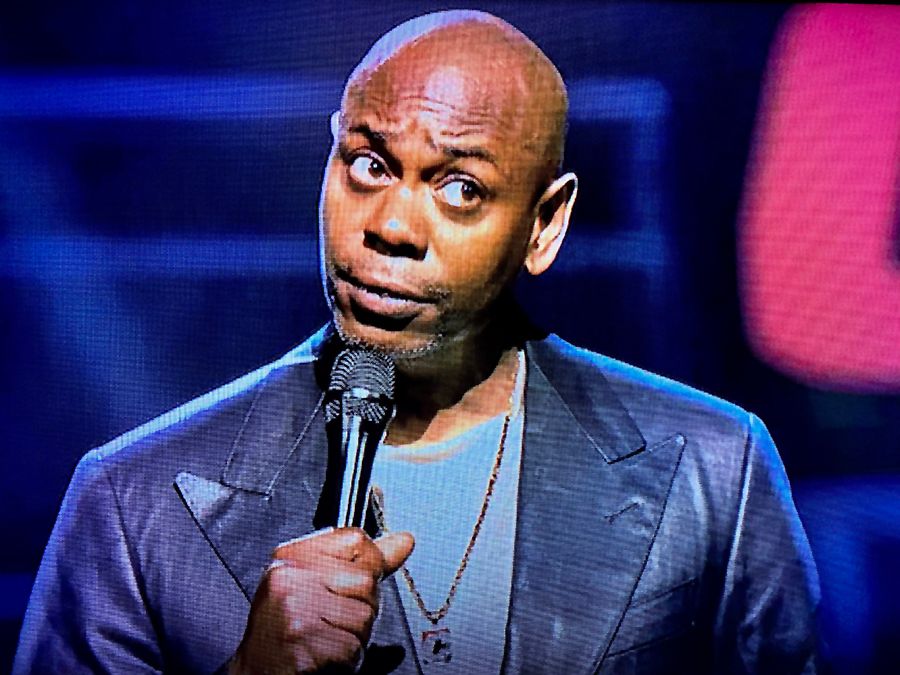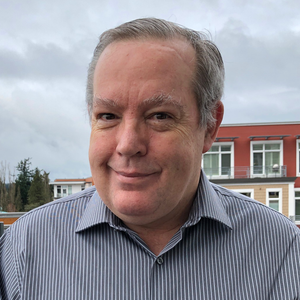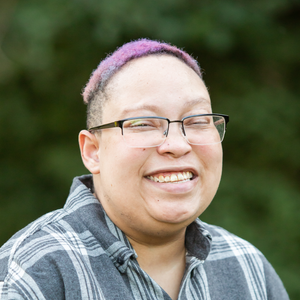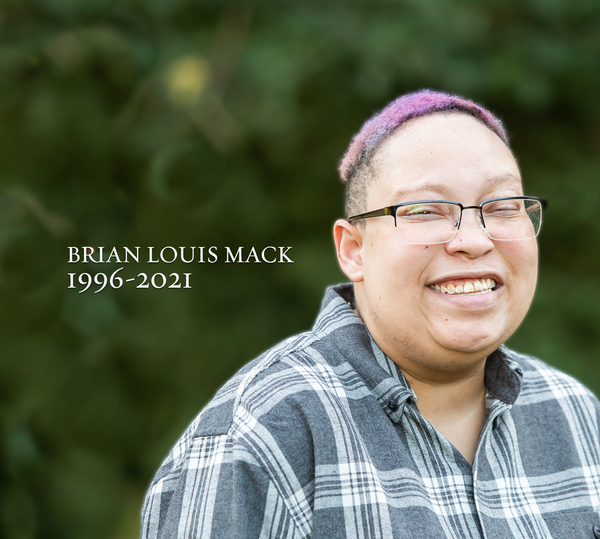Dave Chappelle. I know him. Rather, I should say I know of him, and that he’s insanely popular. A lot of white folks worship at the altar of Chappelle’s social commentary. I’ve never kept up with him, but I did catch his appearance on Saturday Night Live; and that was because I’m a regular viewer of SNL, not because I’m a Chappelle acolyte. But there’s no denying his opening monologue was tight.
I caught Chappelle’s latest performance, “The Closer,” on Netflix a couple nights ago. Chappelle has a flawless delivery. With that affable, happy-go-lucky face, his setups roll off his tongue innocently enough — with a deftness that he makes you feel as if you’re right in the middle of the action sharing his point of view — until he gets to the punchline. Then he hits you square in the face with a brick.
“ . . . you can kill a Black man, but don’t hurt gay people’s feelings” or “gay people are gay until they decide to be white.” Or however, he put it.
“OHH, I didn’t see that coming, but it’s accurate!” For any Black person living in these United States, there’s no denying his scathing observations on racism and white supremacy.
The problem I had with “The Closer” was that Chappelle didn’t seem to know when to stop. Or maybe he did and simply wanted to twist the knife solely for self-indulgent sadistic glee. Time and time again, Chappelle seemed to be compelled to go in for the kill. It wasn’t enough to go for the brick in the face, he had to toss a live hand grenade into the mix.
Take his riff on supporting women’s rights. It sounded heartfelt, right? X-seconds of honoring women until he capped it off with the line about fellatio. I found myself wondering, “Wait, does he not have a mother, sister, or a female relative or friend he values?” That line, like so many others, was abject and naked cruelty with a “What? I’m just a brother up here telling you what I see” chaser.
For the longest time, I didn’t “get” the struggles of transgender people, I couldn’t wrap my brain around it, but still, at no point did I feel compelled to ridicule the trans community. A few years ago, I caught an episode of Lisa Ling’s Our America entitled “Transgender Lives.” The show followed the lives of five people of various ages at different points in their transition.
By the end of the show, I understood better the challenges transgender people face, the dignity they strive for, and the persecution they suffer — even unto death as is the case for many Black trans people — for attempting to live their lives authentically. It should be clear to all that the right of trans people to live their lives the way that’s most appropriate for them is not contingent upon how well anyone understands (translation: accepts) the challenges of their lived experience.
Since then, I’ve learned more about trans people through close friends with trans members in their family and I’ve had the pleasure of working with a trans writer. Suffice it to say, Trans lives are human lives. Trans rights are human rights. Full stop.
Not so long ago white people openly loathed and feared Black people. “Yes, Virginia, white people loathed Black people more than today.” Their language reflected it. The fact that we were enslaved was proof. After we were freed, we were still loathed and mocked to the point that white families regularly gathered in the town square or designated meeting spot in their Sunday best, picnicked, and hung us from trees.
Lynchings were de rigueur in many parts of the United States. (See The National Lynching Memorial.) I could draw similar analogies with the persecution of gay people and little people, but I digress. Surely, Mr. Chappelle is informed of the history of Black people and other marginalized people in America. My point here is that language matters and left unchecked it is a precursor of discrimination and genocide.
The irony of humor is that it’s always easier to laugh at jokes when someone else is the object of a joke, especially when you’re operating from a mindset that lacks empathy. But it’s a-whole-nother matter altogether when you’re in the crosshairs. Believe me when I say I know a lot about being othered. As a gay, Black man who stands forty-eight inches tall, I say with no hesitation or whiff of doubt that I’m a subject expert.
Fame is a curious thing. An awful lot of people want it, but few know how to control — let alone manage — it once they get it. The public’s taste is mercurial at best. I hope Chappelle consider that the people who are cheering him on for his anti-Trans sentiments are the same folks who will blithely step over his career on its inevitable downward slide and regard him, like millions of other Black folks, with less favor than plantation owners held for their house servants. Karma.
Chappelle made it clear from the start that he was there to address the critics of his previous Netflix specials. And there was no mistaking his message: I said what I said and I meant it. To regard people with the disdain Chappelle has doubled down on can only be enacted by someone with no heart and an empty soul.








